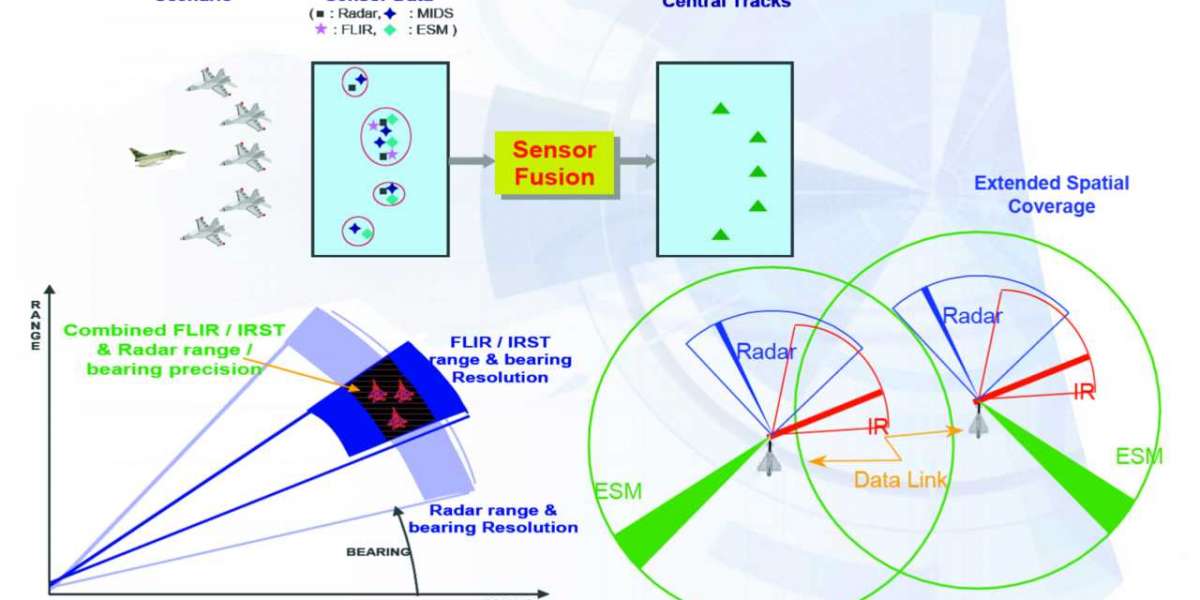When it comes to computing, the internal hard drive is often one of the most overlooked components, yet it plays a crucial role in determining the overall performance of your system. Whether you're a casual user or a professional, understanding the significance of the internal hard drive can help you make informed decisions about upgrading or purchasing a new computer. In this article, we will explore the importance of internal hard drives, their impact on your computer’s performance, and why investing in the right one is essential for a smoother and faster computing experience.
At The Computer Store, we offer a wide selection of high-quality computers, laptops, and accessories designed to meet every customer’s needs. Whether you are upgrading your system or building a new one, we ensure you have access to the best products that combine power, reliability, and speed.
What is an Internal Hard Drive?
An internal hard drive is the primary storage device inside your computer. It stores all your data, including the operating system (OS), software programs, and personal files like documents, photos, and videos. It is a crucial component that helps ensure your system runs smoothly, providing fast access to data and enabling applications to load and function without delays.
There are two primary types of internal hard drives: HDD (Hard Disk Drive) and SSD (Solid State Drive). Each offers distinct advantages, and understanding these differences is essential when choosing the right storage for your needs.
HDD vs SSD: What’s the Difference?
Hard Disk Drive (HDD)
HDDs are the traditional storage devices that have been in use for decades. They consist of spinning disks that read and write data via magnetic heads. While these drives are generally more affordable and offer larger storage capacities, they tend to be slower than SSD drives due to their mechanical parts.
Advantages of HDDs include:
- Affordable storage: They provide more storage at a lower price.
- Higher capacity: HDDs can store a significant amount of data, making them ideal for users with large file storage needs.
Disadvantages:
- Slower performance: The mechanical components lead to slower read/write speeds.
- More prone to damage: The moving parts can wear out or fail over time.
Solid State Drive (SSD)
On the other hand, SSD drives have become the go-to storage choice for many users due to their significantly faster performance. SSDs use flash memory, which means they have no moving parts, making them more durable, quieter, and faster. They are ideal for applications that require high-speed data access, such as gaming, video editing, or multitasking.
Advantages of SSDs include:
- Faster performance: SSDs provide quicker boot times and faster data access.
- Durability: Without moving parts, they are more resistant to physical damage.
- Energy efficiency: SSDs consume less power, which is great for laptops and portable devices.
Disadvantages:
- Higher cost: SSDs are generally more expensive per gigabyte than HDDs.
- Lower storage capacity: While SSDs are improving in terms of capacity, they still lag behind HDDs when it comes to offering larger storage solutions.
Why Your Internal Hard Drive Matters for Performance
The internal hard drive is directly linked to how quickly your computer boots up, loads files, and runs applications. Here's why it’s so essential:
Speed and Efficiency
The type of internal hard drive you choose will significantly affect your computer’s speed. If you're using an HDD, your system might take longer to boot up, and opening large files could take time. SSDs, on the other hand, dramatically reduce boot times and load applications almost instantly, making them ideal for high-performance tasks.
Multitasking and Productivity
When you're multitasking running several applications or programs at once the internal hard drive comes into play. SSDs excel in these situations as their faster read and write speeds ensure that your system can handle multiple tasks simultaneously without slowing down. This is especially important for professionals working with large files, such as video editors or graphic designers.
Storage and Data Security
An internal hard drive also determines how much data you can store. For users with large amounts of data, HDDs may be the better choice because they offer greater storage at a more affordable price. However, if speed is your priority and you don't need massive amounts of storage, an SSD will provide you with a much quicker and more responsive system.
Additionally, your internal hard drive also plays a role in data security. Regular backups to your hard drive are crucial for preventing data loss due to hardware failure. While SSDs are generally more durable, both HDDs and SSDs can benefit from regular data backups.
How to Choose the Right Internal Hard Drive for Your Needs
1. Consider Your Storage Needs
If you're someone who stores a lot of files, photos, videos, or games, an HDD may be a more cost-effective option. However, if you're looking for a faster, more responsive experience, especially for tasks like gaming or content creation, an SSD may be a better choice, even if it means sacrificing some storage capacity.
2. Budget
Your budget will also influence your decision. HDDs are typically cheaper and come in larger storage sizes, making them ideal for those who need more storage without breaking the bank. SSDs are faster and more reliable but come with a higher price tag, so weigh your priorities carefully.
3. Performance Requirements
If you're using your computer for intensive tasks like gaming or video editing, an SSD is almost a necessity. For general use, an HDD can still provide excellent performance, especially if you're not running resource-heavy applications.
The Benefits of Upgrading Your Internal Hard Drive
Upgrading your internal hard drive to a faster SSD can offer numerous benefits, including:
- Faster boot times: Your computer will start up quicker, getting you to work faster.
- Improved overall performance: Programs load faster, and multitasking becomes smoother.
- Better longevity: SSDs tend to last longer and are less prone to failure than HDDs.
FAQs
Q1: Can I replace my internal hard drive with an SSD?
Ans: Yes, replacing your internal hard drive with an SSD is a popular upgrade that can significantly improve your computer’s performance. It’s a relatively simple process, and many guides are available online to help with the installation.
Q2: Which internal hard drive is better for gaming?
Ans: For gaming, an SSD is highly recommended. It provides faster load times for games, smoother performance, and quicker installation times compared to an HDD.
Q3: How do I know if my computer supports an SSD?
Ans: Most modern computers, especially laptops, support SSD upgrades. You can check your system’s specifications or consult the manufacturer’s website for compatibility details.
Conclusion:
Your internal hard drive plays a crucial role in the overall performance of your computer. Whether you choose an HDD for its large storage capacity or an SSD for speed and reliability, selecting the right one can make a noticeable difference in how your system performs. At The Computer Store, we offer a wide range of internal hard drives, including both HDD and SSD options, ensuring you find the perfect fit for your needs.






